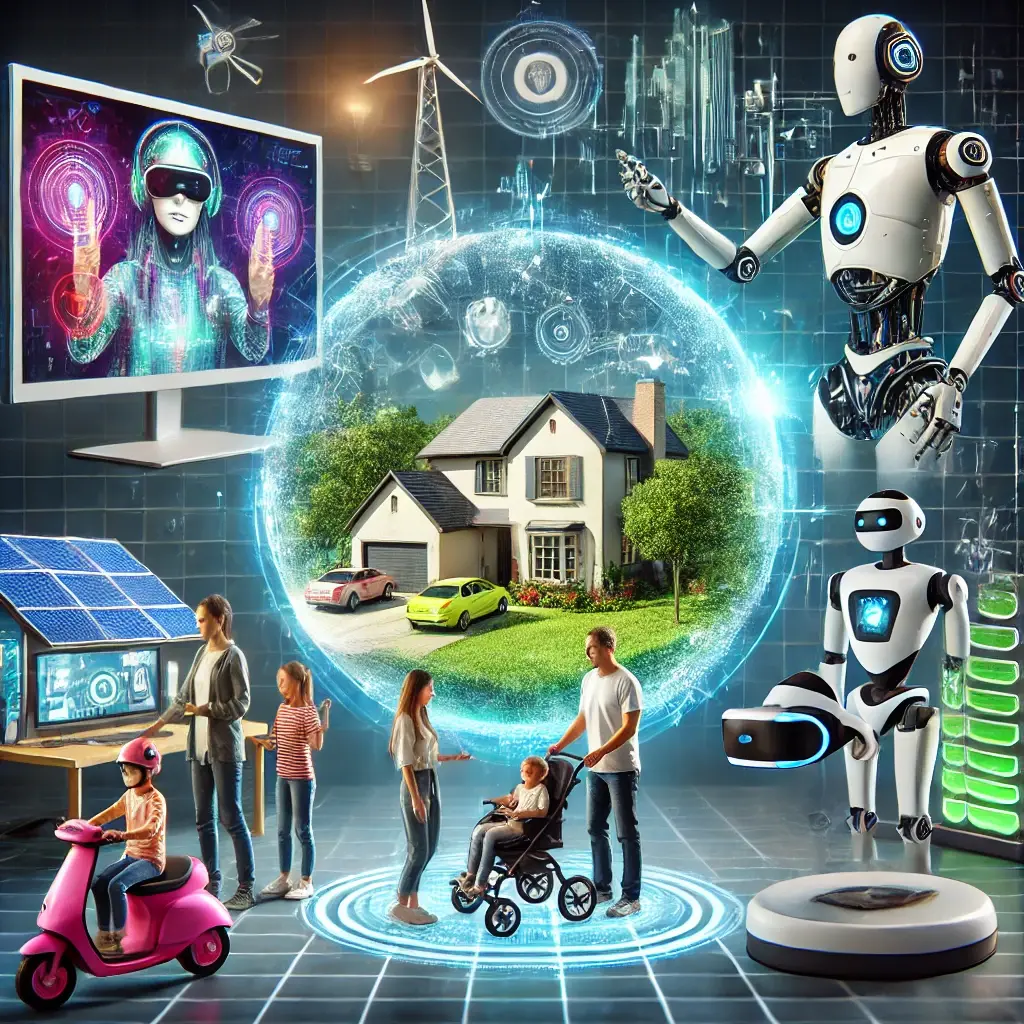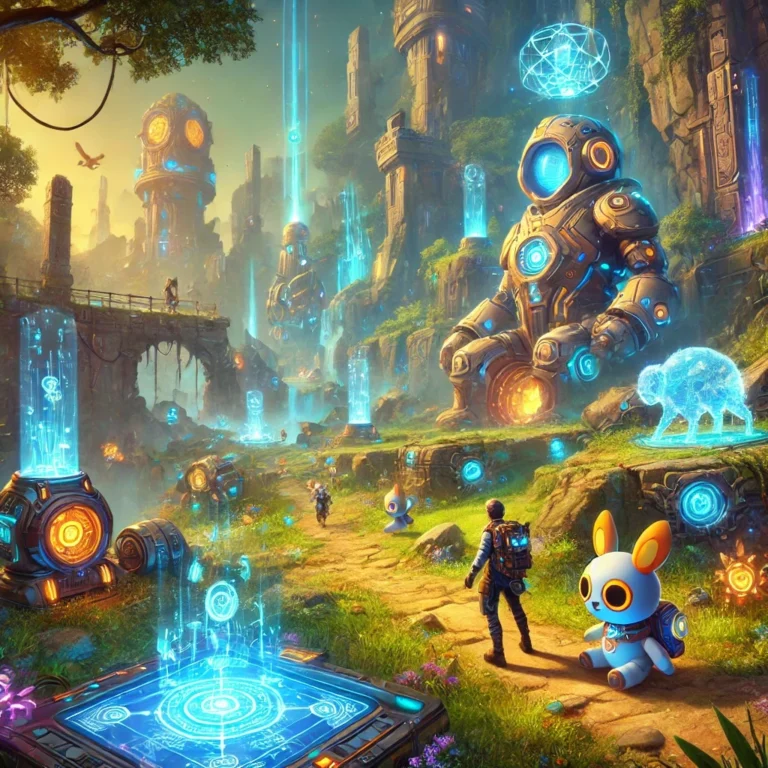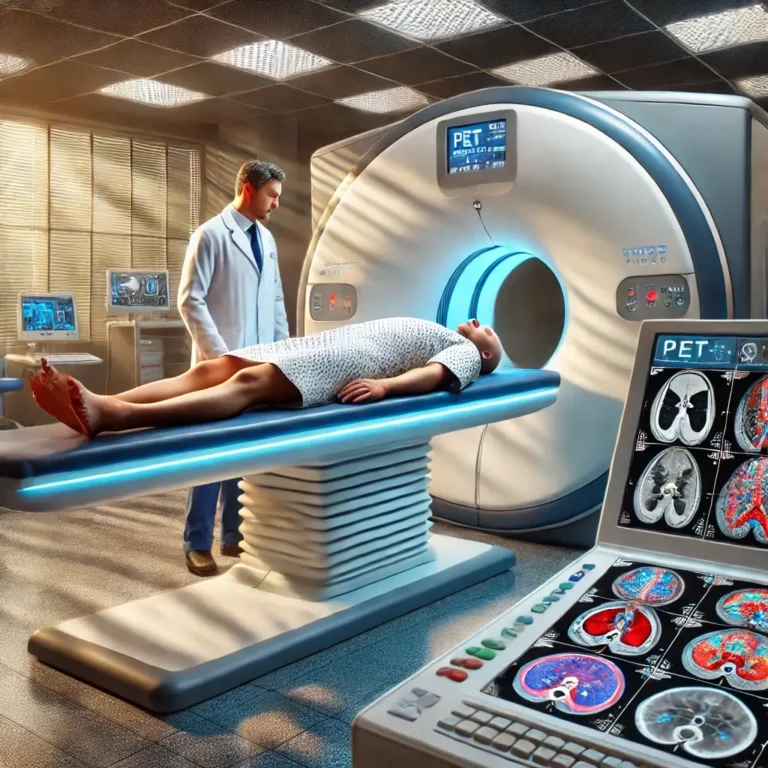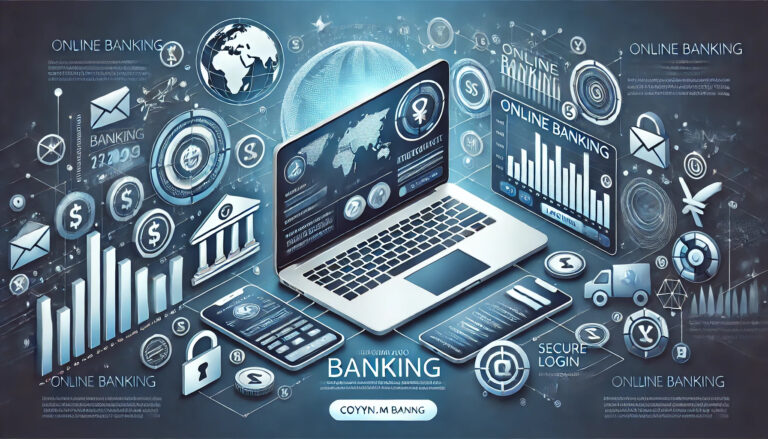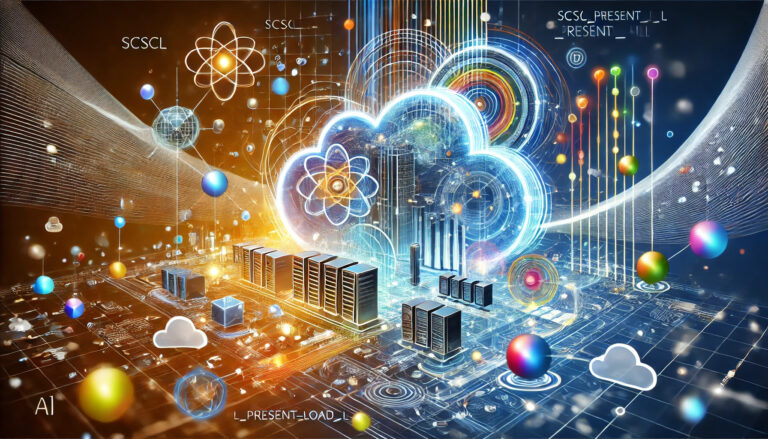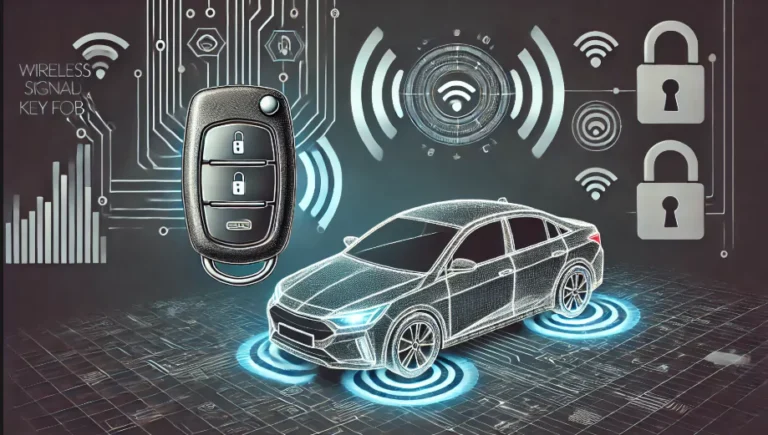How Have Technological Advancements Changed Our Lives?
Introduction
Technological Advancements has always been a cornerstone of human evolution, enabling societies to progress and solve challenges. However, the rapid acceleration of technological advancements in recent decades has transformed our world in ways that were once unimaginable. From the way we communicate to how we work, educate, heal, and entertain ourselves, technology has profoundly reshaped our daily lives and global society.
This article delves deep into the multifaceted impacts of technological advancements, examining how they have enhanced our lives, created new challenges, and continue to shape the future. With an emphasis on quality and comprehensiveness, this discussion will provide valuable insights into the profound role technology plays in shaping modern life.
Communication Revolution: Connecting the World
A Leap from Letters to Real-Time Connectivity
In the past, communication was a time-consuming and labor-intensive process. Letters could take weeks to arrive, and long-distance communication was expensive and limited. The invention of the telephone in the late 19th century marked a significant leap, but the true revolution came with the internet.
Today, communication is instantaneous. Applications like WhatsApp, Zoom, and Microsoft Teams enable people to connect in real time, no matter where they are in the world. Video calls, once a sci-fi concept, have become routine. Social media platforms like Facebook, Instagram, and TikTok have redefined human interaction, offering a space for self-expression and global connectivity.
The Impact of Social Media
Social media platforms have revolutionized how we interact, share information, and build communities. They enable global activism, allowing individuals to rally around causes and effect change. However, these platforms also have drawbacks, such as spreading misinformation and fostering unhealthy comparisons.
Workplace Transformation: The Digital Office
Automation and Efficiency
Technological advancements have made workplaces more efficient. Automation tools handle repetitive tasks, allowing employees to focus on strategic and creative activities. For instance, AI-powered tools can analyze large data sets in minutes, aiding decision-making and forecasting.
Remote Work and Virtual Collaboration
The COVID-19 pandemic highlighted the power of technology in maintaining business continuity. Tools like Slack, Trello, and Google Workspace allow teams to collaborate from different parts of the world seamlessly. This shift to remote work has increased productivity for some and given workers greater flexibility.
Job Market Evolution
While technology has created new roles in fields such as data science, robotics, and cybersecurity, it has also displaced traditional jobs. Adaptability and continuous learning are now essential for staying relevant in the workforce.
Healthcare Breakthroughs: Better Lives Throug Technological Advancements
Diagnostic Innovations
Advancements in medical technology have significantly improved diagnostic capabilities. AI algorithms can detect diseases like cancer from medical imaging with remarkable accuracy. Wearable devices monitor vital signs, enabling early detection of potential health issues.
Telemedicine and Accessibility
Telemedicine platforms connect patients with healthcare providers remotely, breaking barriers of distance and accessibility. This has been especially crucial in rural areas and during emergencies like the COVID-19 pandemic.
Personalized Medicine
Genomic technology and AI are paving the way for personalized medicine, tailoring treatments to individual genetic profiles. These advancements improve treatment efficacy and reduce adverse effects.
Education: A Shift to Digital Learning
Online Learning Platforms
Technology has democratized education through platforms like Khan Academy, Coursera, and edX. Learners from any background can now access courses from top universities. Digital tools enhance the learning experience with interactive content, quizzes, and simulations.
Gamification and Engagement
Gamified learning apps like Duolingo make education fun and engaging, particularly for younger students. Virtual reality (VR) and augmented reality (AR) also provide immersive learning experiences, from exploring ancient civilizations to conducting virtual science experiments.
Bridging the Digital Divide
While digital learning offers immense potential, access to technology remains unequal. Addressing the digital divide is essential for ensuring that technology benefits everyone, regardless of socioeconomic status.
Social Dynamics: Changing Relationships and Interactions
Building and Maintaining Relationships
Technology has made it easier to maintain long-distance relationships, whether personal or professional. Video calls and messaging apps keep people connected, bridging the gap of physical distance.
The Challenges of Digital Overload
While technology connects us, it also comes with challenges. Excessive screen time can lead to digital fatigue and strained relationships. Finding a balance between online and offline interactions is crucial for maintaining mental well-being.
Transportation: Faster, Smarter, and Safer
Advancements in Automobiles
Electric vehicles (EVs) and self-driving cars are transforming the transportation industry. EVs offer a sustainable alternative to traditional vehicles, while autonomous cars promise to reduce accidents caused by human error.
Revolutionizing Urban Mobility
Ride-sharing platforms like Uber and Lyft have changed how people navigate cities. Micromobility solutions such as electric scooters and bikes offer eco-friendly transportation options for short distances.
The Future of Air Travel
Supersonic jets, drones, and AI-powered air traffic management systems are poised to revolutionize air travel, making it faster, safer, and more efficient.
Entertainment: Endless Options at Our Fingertips
Streaming and Gaming
Streaming platforms like Netflix and Spotify have redefined how we consume entertainment. With endless options available, users can tailor their experiences to their preferences. Gaming has also evolved, with VR and AR providing immersive experiences.
The Rise of User-Generated Content
Technological Advancements has democratized content creation. Platforms like YouTube and TikTok allow anyone to share their creativity with the world, fostering a new era of digital entrepreneurship.
Environment: Sustainable Innovations and Challenges
Green Technologies
Renewable energy technologies, such as solar panels and wind turbines, are reducing our reliance on fossil fuels. Smart grids optimize energy distribution, minimizing waste and emissions.
Challenges of E-Waste
As technology advances, e-waste becomes a growing concern. Proper recycling and sustainable manufacturing practices are essential to mitigate this issue.
The Challenges of Technological Advancements
Privacy and Security
The digital age has brought new vulnerabilities. Cybersecurity threats and data breaches are increasing, highlighting the need for robust security measures.
Ethical Dilemmas
The rise of AI and automation raises ethical questions about privacy, job displacement, and decision-making. Transparent policies and regulations are critical to addressing these challenges.
Conclusion: Embracing a Technological Advancements
Technological advancements have undeniably improved our lives, offering convenience, efficiency, and opportunities. However, they also come with challenges that require careful management. As we move forward, embracing innovation while addressing its pitfalls will be key to building a sustainable and inclusive future.
Technology is a tool, it’s up to humanity to wield it responsibly for the betterment of all.
